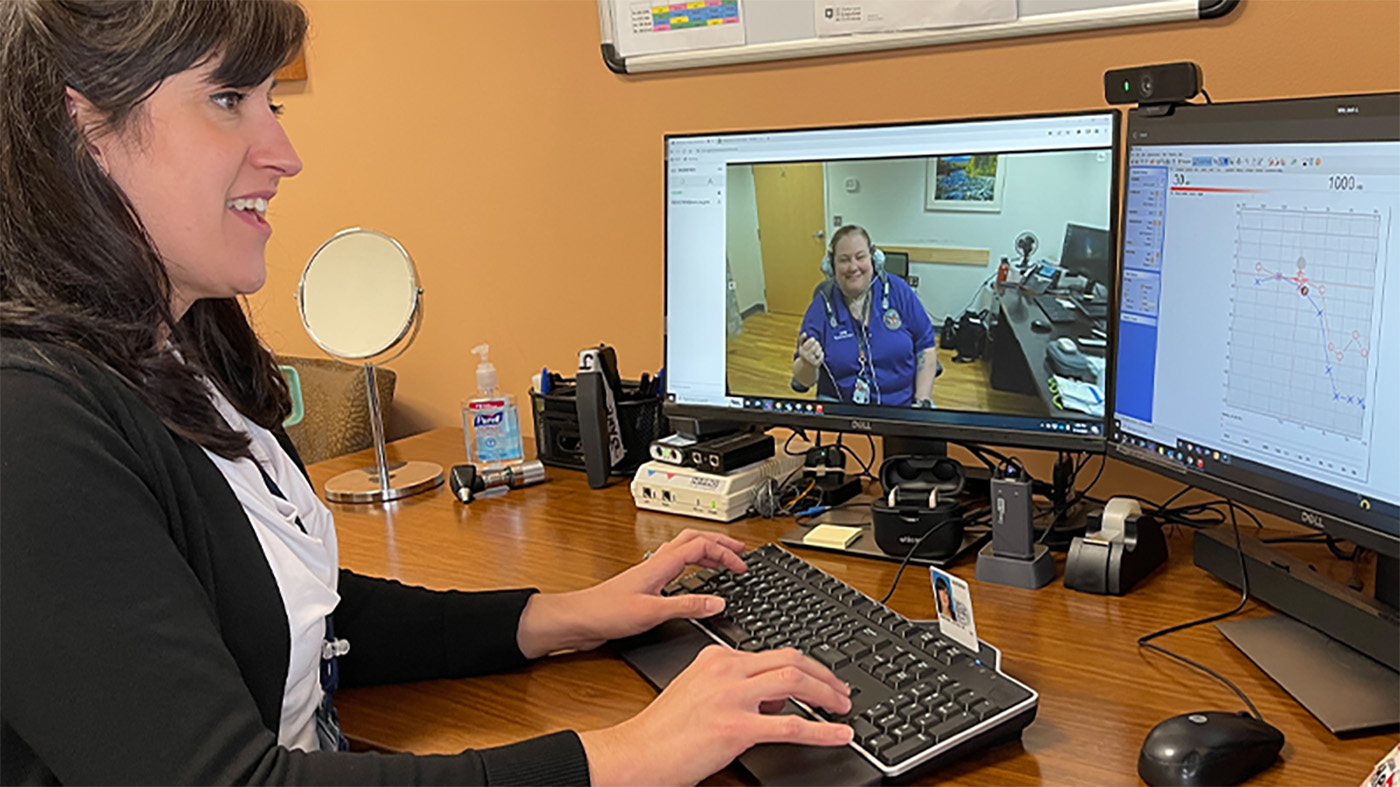
Advancing Remote Surgery: Cutting-Edge Innovations
In the realm of medical science, remote surgery has emerged as a groundbreaking field, bringing together technological advancements and surgical expertise. This article explores the latest innovations in remote surgery, showcasing the incredible progress made in this specialized area of healthcare.
Revolutionizing Surgical Procedures
Remote surgery, also known as telesurgery, has been a revolutionary force in modern medicine. The convergence of robotics, artificial intelligence (AI), and high-speed communication technologies has paved the way for performing surgical procedures from a distance. Surgeons can now operate on patients located miles away, transcending geographical barriers and enhancing access to specialized healthcare.
Precision and Efficiency through Robotics
One of the key drivers of remote surgery advancements is the integration of robotic systems into surgical procedures. These robotic assistants, controlled by skilled surgeons, offer unparalleled precision and dexterity. They enable minimally invasive surgeries with smaller incisions, leading to reduced recovery times and minimized postoperative discomfort for patients.
Telecommunication Technologies in the Operating Room
The role of telecommunication technologies in remote surgery cannot be overstated. High-speed and low-latency networks are crucial for ensuring real-time communication between the surgical team and the robotic systems. This seamless connection allows for immediate responses to the surgeon’s commands, maintaining the accuracy and safety of the procedure.
Artificial Intelligence in Surgical Decision-Making
Advancements in artificial intelligence have also played a pivotal role in remote surgery. AI algorithms analyze vast amounts of medical data in real-time, assisting surgeons in making informed decisions during complex procedures. This integration of AI not only enhances the precision of surgeries but also contributes to improved patient outcomes.
Challenges and Ethical Considerations
While remote surgery offers tremendous benefits, it is not without challenges and ethical considerations. Security concerns regarding data transmission, potential technical glitches, and the need for robust safeguards against unauthorized access are critical aspects that demand ongoing attention. Ethical considerations surrounding patient consent, privacy, and the responsibility of the remote surgical team further underscore the importance of careful implementation and oversight.
The Future of Remote Surgery: A Glimpse Ahead
Looking ahead, the future of remote surgery holds even more promise. Ongoing research and development efforts aim to overcome existing limitations and expand the scope of procedures that can be performed remotely. Collaborative initiatives between medical professionals, technologists, and regulatory bodies are essential to ensure the continued progress and safe implementation of these cutting-edge technologies.
Connecting Healthcare Globally
In conclusion, remote surgery is not just about technological advancements; it is about connecting healthcare globally. The ability to leverage expertise across borders and bring specialized medical care to underserved regions has the potential to transform the landscape of healthcare. As we witness the evolution of remote surgery, it becomes clear that this intersection of technology and medicine is a beacon of hope for a healthier and more interconnected world.
To learn more about the latest developments in remote surgery, visit Remote Surgery Advancements.
Note: The provided URL is a placeholder and should be replaced with the actual URL of the website or resource you want to link to.
